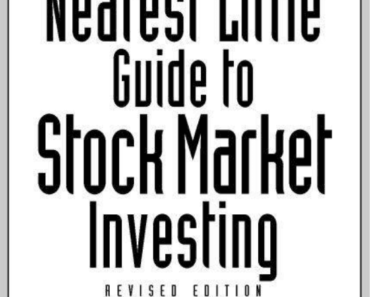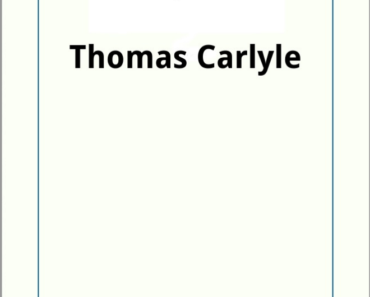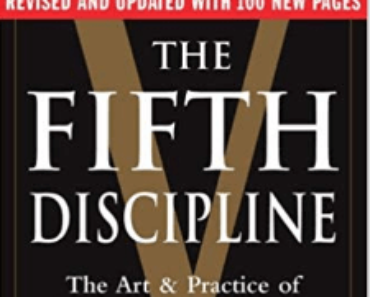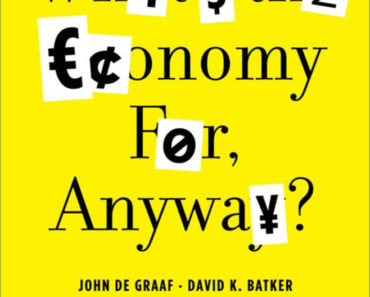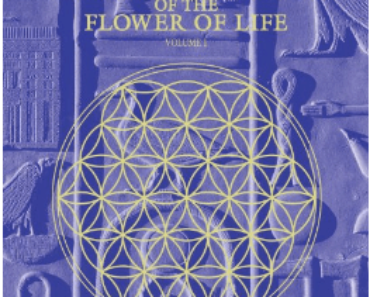Download 1517 PDF Book by Peter Marshall
Inside this Book – Luther, burning with eagerness of piety, issued Propositions concerning Indulgences, which are recorded in the first volume of his works, and these he publicly affixed to the church next to the castle in Wittenberg, on the eve of the Feast of All Saints in the year 1517.’ 1 It seems, on the face of it, a solid and reliable documentary basis for a defining episode in modern European history. The recorder of the event, moreover, was no merely casual chronicler. The account was written by Luther’s closest ally and collaborator in the emergent Reformation movement. Philip Melanchthon was a Rhinelander, a product of the prestigious universities of Heidelberg and Tübingen, and a brilliant scholar. He was a dozen and more years younger than Martin Luther and proved the almost perfect disciple and foil. Where Luther was rash and abrasively charismatic, Melanchthon was cautious and conciliatory. Luther fired out challenging ideas in sometimes erratic fashion; Melanchthon ordered and arranged them. Melanchthon, rather than Luther himself, has arguably the better claim to be the founder of ‘Lutheranism’, as a distinct and organized religious system. It was he who in 1530 served as principal drafter of the ‘Confession of Augsburg’, a declaration of the core beliefs of the new ‘evangelicals’. It was presented to the Diet, or gathering of the imperial estates, meeting in the city that year. The document became and remained the principal statement of faith of the Lutheran churches in a religiously divided Germany.
- Full Book Name – 1517
- Author of this Book – Peter Marshall
- Language – English
- Book Genre – History
- Download Format – PDF
- Size – 4 MB
- eBook Pages – 135
1517 PDF Book by Peter Marshall
- Download 1517 PDF Book by Peter Marshall Inside this Book – Luther, burning with eagerness of piety, issued Propositions concerning Indulgences, which are recorded in the first volume of his works, and these he publicly affixed to the church next to the castle in Wittenberg, on the eve of the Feast of All Saints in the year 1517.’ 1 It seems, on the face of it, a solid and reliable documentary basis for a defining episode in modern European history. The recorder of the event, moreover, was no merely casual chronicler. The account was written by Luther’s closest ally and collaborator in the emergent Reformation movement. Philip Melanchthon was a Rhinelander, a product of the prestigious universities of Heidelberg and Tübingen, and a brilliant scholar. He was a dozen and more years younger than Martin Luther and proved the almost perfect disciple and foil. Where Luther was rash and abrasively charismatic, Melanchthon was cautious and conciliatory. Luther fired out challenging ideas in sometimes erratic fashion; Melanchthon ordered and arranged them. Melanchthon, rather than Luther himself, has arguably the better claim to be the founder of ‘Lutheranism’, as a distinct and organized religious system. It was he who in 1530 served as principal drafter of the ‘Confession of Augsburg’, a declaration of the core beliefs of the new ‘evangelicals’. It was presented to the Diet, or gathering of the imperial estates, meeting in the city that year. The document became and remained the principal statement of faith of the Lutheran churches in a religiously divided Germany.
- Full Book Name – 1517
- Author of this Book – Peter Marshall
- Language – English
- Book Genre – History
- Download Format – PDF
- Size – 4 MB
- eBook Pages – 135
